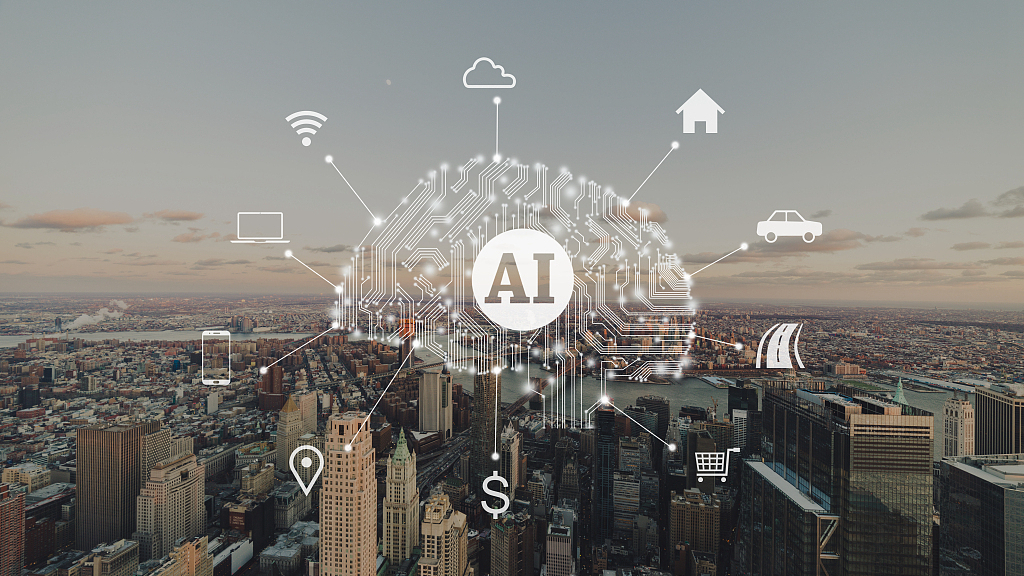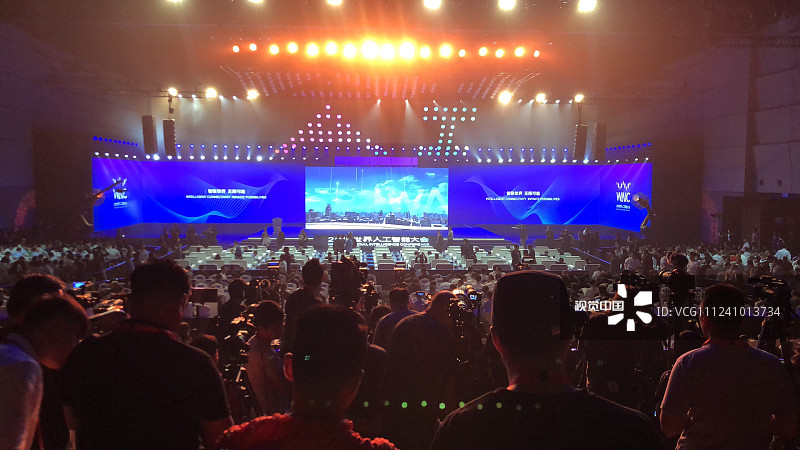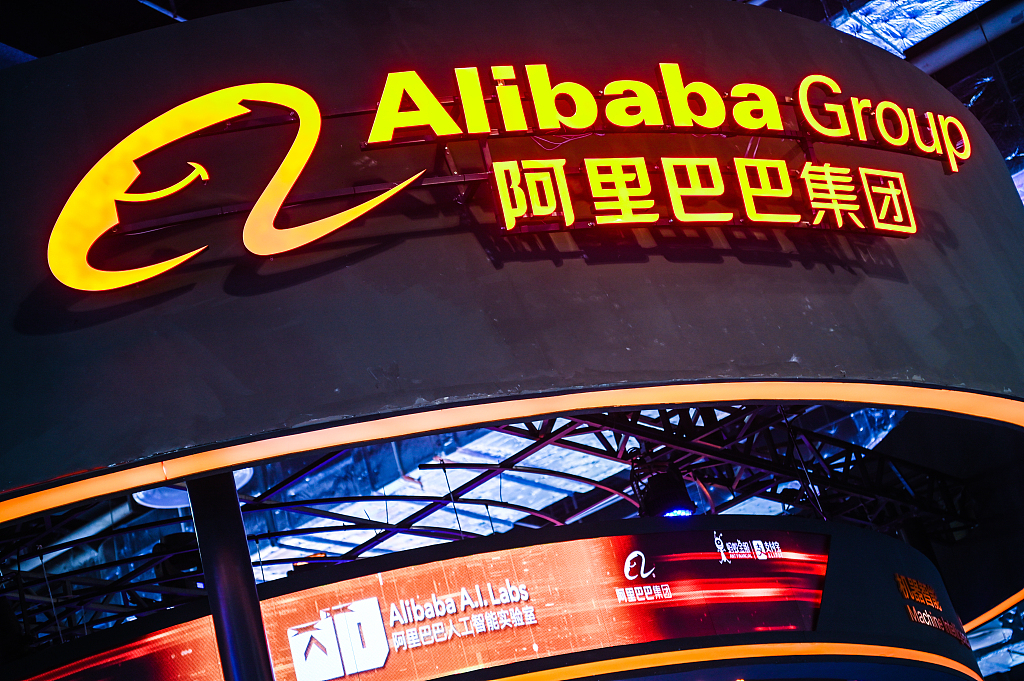

Editor's note: Gai Keke is an associate professor at the School of Computer Science and Technology in the Beijing Institute of Technology, China. The article reflects the author's opinions, and not necessarily the views of CGTN.
The 2019 World Artificial Intelligence Conference (WAIC) kicked off in Shanghai on August 29. The event this year, focused on a connected intelligent world, has attracted thousands of experts, guests and visitors. There's no doubt China has been flexing its muscles in artificial intelligence (AI) development over the recent years. Behind the scene, there may be a number of discussions from distinct angles about China's move on AI development. Among those, a few selected views would help explain what's behind the success.
Even though AI offers innumerable benefits, voices against the AI development still exist. Technical revolution triggered by AI is replacing numerous labor positions, which already becomes a common concern in many countries. Similar issues also are impacting Chinese society. Nowadays, people can feel the changes brought by AI first-hand and find many jobs are disappearing, from the manual to mental labor. Despite the disputed nature of AI we cannot stop AI from replacing those jobs and it seems the society has to face and suffer a revolution led by AI. Hence, I guess the question shall be switched to finding out how AI development can benefit the society, rather than standing on an anxious and fearful route.

2019 World Artificial Intelligence Conference kicks off in Shanghai, China, August 29, 2019. /VCG Photo
Discovering new AI-related opportunities is not a fantasy in China. Harmony between AI development and Chinese society is fundamental to ensure a thriving and promising AI development in China.
AI software developers are (probably) the first group of employment that is booming due to the industrial demand. Skillful and qualified developers are indeed popular in talent market nowadays. The Chinese government has made efforts to assist more people who used to work for those "replaced" positions to learn new skills in AI.
Favorable policies for re-employment training and instruction programs have been carried out to encourage public and private teaching institutions. Offering financial aid is another effort made by the Chinese government. With the support of policy and financial resources, a healthy "cycle" is being created, successfully transforming those unemployed people – previously with replaceable jobs – and even those competent for jobs related to AI development. Besides the Chinese government, academic associations also contribute to a complete AI industrial ecosystem and raising society's awareness of AI.
For example, China Computer Federation (CCF) is a representative social association committed to computer research, education, industry, and applications in China. The federation holds a variety of AI-oriented seminars, conferences, training programs, and events each year. These have not only attracted attentions from various sections of society but also play an important role integrating academia, industry, and citizens. In fact, like CCF, many Chinese social associations are trying to invest with more people in AI industry.
Some opportunities are even being created in the application of AI technologies. In many cases, new service models are generated by AI-driven applications. Even though some jobs are killed in the improved business process, a new blue ocean market or business maybe produced.

The booth of Alibaba Group, Shanghai, China, August 29, 2019. /VCG Photo
For example, using AI technologies (e.g. recommendation system, route optimization, etc.) enables takeaway business to flourish. The distance between customers and merchandise is shortened by AI technology as well as the prospering delivery service industry, even though most courier jobs are not AI-related yet.
From the perspective of the industry, China's high-tech companies are trying different types of products. In the past, human replacement used to be a major role in the AI product design. Today, the concept of AI is getting bigger than it used to be with the development of technology. Replacing humans labor is not the only way to attract eyeballs in the market.
"Assisting-humans" is gradually becoming another major role. More and more attempts have been made to engage AI products to help humans rather than replacing humans. According to recent news, for instance, some AI-enabled robotic arms or legs have been developed for helping disabilities; the AI robot is created for assisting physicians to complete high-complexity medical operations.
To sum up, in order to achieve a thriving and promising AI development, China is making a great effort in employment training, AI awareness enhancement, research orientation, and other aspects. The outcome of current AI development in China is not owed to a single but a group of contributors throughout multiple sides of Chinese society. The above is just the tip of the iceberg and leaves a lot of questions that need to be answered. But one output to the consensus shall be more breakthroughs in China's AI development that people can look forward to.
(If you want to contribute and have specific expertise, please contact us at opinions@cgtn.com.)

Copyright © 2018 CGTN. Beijing ICP prepared NO.16065310-3
Copyright © 2018 CGTN. Beijing ICP prepared NO.16065310-3